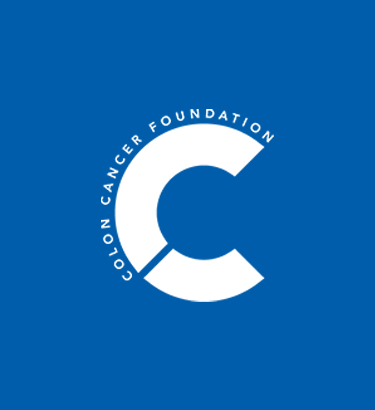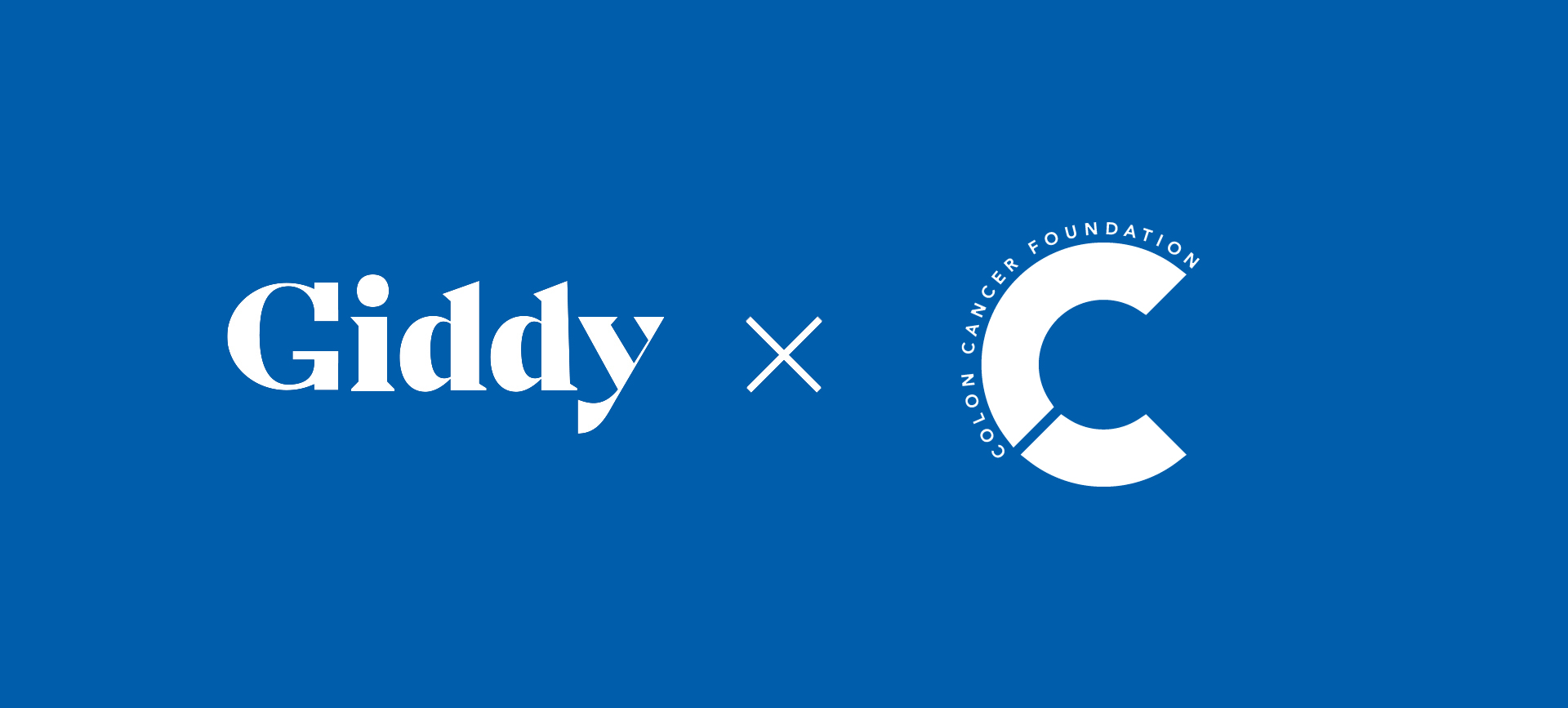Cindy Borassi: It still remains a cancer that many people are very uncomfortable talking about. In fact, we have a gentleman who we're working with on a campaign this year who just told us a really poignant story about one of his best friends. The friend knew he had cancer, stage four colon cancer. The man we're working with knew his friend was battling a form of cancer, but the friend never told him what type of cancer it was because he was too embarrassed. Not because he had cancer, but specifically the type of cancer.
And so that still speaks to, that in this day and age, people are still embarrassed by this disease because of the part of the body it affects: There are two parts to colorectal cancer—colon and rectal cancer—but especially rectal cancer.











